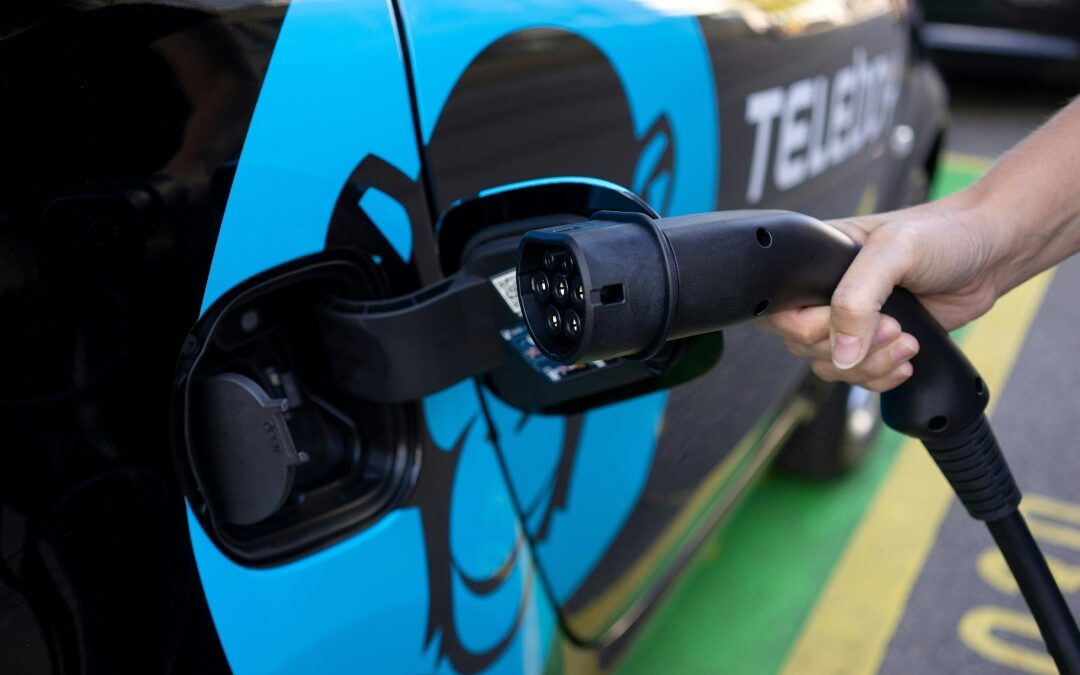Israel’s StoreDot Achieves 160km Battery Range for EVs in 4-minutes Charging
The production delivery of these fast-charging batteries is expected in 2026
StoreDot, an Israel-based pioneer in extreme fast charging (XFC) battery technology for electric vehicles (EVs), has made significant progress in its next-phase technology roadmap. This progression builds upon its earlier announcement of production-ready cells capable of charging 100 miles (160km) in 5 minutes this year, with a further target of achieving 100 miles in just 3 minutes by 2028, underscoring the company’s commitment to commercialization.
The development relies on a comprehensive suite of design and engineering enhancements across the entire battery system, rather than solely focusing on charging speed. StoreDot’s ‘100in4’ technology emphasizes augmented energy density and a plethora of technological refinements. By adopting this holistic approach, the company aims to optimize real-world performance within the existing charging infrastructure.
Specifically, StoreDot aims to achieve a minimum 10% improvement in energy density compared to its previous 100in5 cells, enabling greater mileage per charge at current charging rates. This objective entails optimizing various facets of the battery, encompassing chemistry, cell and pack engineering, cooling design, and internal connection modifications.
In pursuit of the ‘100in4’ technology, StoreDot reports having already attained 1100 XFC cycles in a compact cell format, projecting an energy density of 340Wh/kg in a larger electric vehicle configuration. With this milestone achieved ahead of schedule, the company said it remains committed to refining its XFC technology, to deliver production-ready cells capable of charging 100 miles in just 4 minutes by 2026.
The prototype of the small form factor 100in4 utilizes a multi-layer battery cell with internal electrode layers, akin to larger battery cells, demonstrating scalability and maturity for EV packs.
Dr Doron Myersdorf, CEO of StoreDot, remarked, “Our strategy prioritizes comprehensive technological enhancements over sheer charging speed, unlocking the full potential of our XFC battery technology. Our approach spans energy density, cell and pack design, chemistry, and cooling optimization, resulting in an exceptionally rapid charging experience adaptable to existing infrastructure.”
“While challenges persist, our seamless scaling experience from a 3Ah to a >100Ah EV-grade cell within months bolsters our confidence. We believe our roadmap offers a sustainable and proven pathway to extremely fast charging, accelerating the mass adoption of EVs. With our milestones ahead of schedule, we remain steadfast in our journey toward commercialization,” he added.
Also Read
Rising Reliance on Lithium Could Lead to Supply Chain Bottlenecks
Sibi Sathyan
Related posts

Subscribe
Error: Contact form not found.

